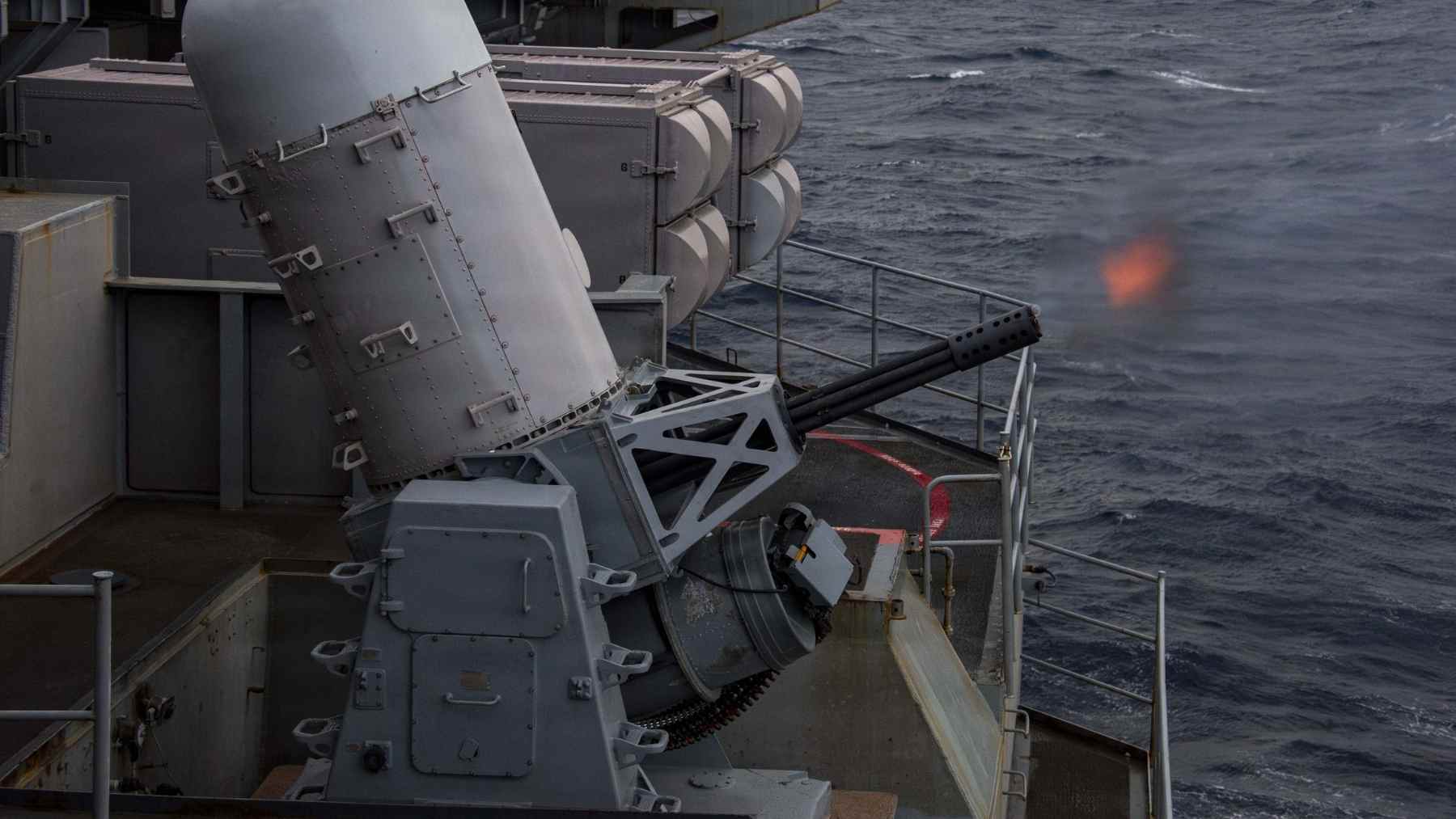To understand what scientists have recently discovered, let’s use an analogy: think of your cup of coffee cooling on the table; you’ve probably had that happen to you… Now try to imagine the opposite: the coffee heating up on its own, without a microwave, without a fire, without anything. Yes, we know it sounds absurd. But it was something very similar that a team of scientists achieved in a laboratory, and no, this isn’t a science fiction script. For the first time in history, experiments have shown that, under specific conditions, time can “go backward”. This could change everything we think we know about time.
Does the arrow of time no longer work?
When we think about classical physics, we’re taught to view time as a straight line, essentially a path that starts in the past, crosses the present, and runs toward the future. So much so that this “arrow of time” is reinforced by the laws of thermodynamics:
- Heat flows from hot to cold.
- Things wear out.
- And chaos tends to increase.
However, when we stop to look at the microscopic world, the rules change. In a recent experiment, scientists manipulated chloroform molecules immersed in acetone. Using a magnetic field and nuclear magnetic resonance, they slowly heated the nuclei of atoms and observed how the heat behaved. They expected the hotter nuclei to share energy with the cooler ones, but the result was the opposite. The hot nuclei became even hotter, while the colder ones cooled further. This means that time, there, seemed to turn around.
Time is a suggestion: What if cause and effect swap places?
Now, on the other side of the planet, another group of researchers has attempted something even more radical: a quantum temporal flip. Essentially, they created a condition where input and output, cause and effect, and past and future are interchangeable. Using a virtual model, they manipulated photons, making one go forward in time and the other backward. They demonstrated that, even so, the system functioned as a whole. This means that the order of events can be indefinite, and what would normally be “what comes next” can, in some cases, come first.
And how is all this possible? This bizarre behavior is allowed by something called the CPT theorem, which basically says: if you reverse a particle’s charge, parity, and time, the equations of physics still work. Yes, it sounds confusing, but the idea is simple: for the quantum universe, the direction of time is a preference, not an imposition (no wonder scientists recently detected negative time).
“The theorem implies that while we normally treat systems at earlier times as the inputs and systems at later times as the outputs, the dynamical laws of quantum mechanics are indifferent to the direction of time”, researchers explain.
Cracks in time: What if the future isn’t set in stone anymore?
Before we go off planning a time machine, we need to emphasize that all of this happens on a microscopic scale, with individual particles and simulations. But even so, the impact is significant. That’s because these experiments are like subtle cracks in the wall of our understanding. They show that the arrow of time can be relative, and that our fundamental laws are more malleable than we thought.
Not stopping there, by understanding and controlling these reversals, we’ll be able to pave the way for new technologies, such as more efficient cooling systems, safer quantum communication, and even help build a unified theory of gravity and quantum mechanics. Now, on a more philosophical level, the question “why does time only move forward?” ceases to be an uncomfortable certainty and becomes a testable hypothesis, so much so that some are even saying the timeline is broken…












